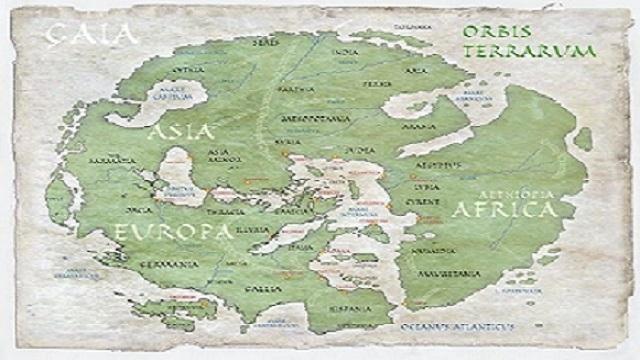
It is well established that the defeat over Carthage in the 2nd Punic War marks a watershed moment for Roman and wider Mediterranean history. The centripetal force of Rome as the capital of a budding empire caused the remarkable creation of a literature in Latin by low-status non-Romans who channelled their creative talents into ways of earning a living in the metropolis. The perception of Rome as a powerful social, cultural and political centre, its unprecedented territorial expansion and the redefinition of the sacred space of the pomerium in this period have led scholars to diagnose a full-blown revolution in the Roman spatial imaginary. Against this sociocultural backdrop, the relative neglect in classical scholarship for the linguistic construction of space in the earliest literary texts in Latin is striking.
At a time when the number and magnitude of public games in Rome increased significantly, successful military generals sought to leave a mark on the cityscape through the exhibition of spoils of war and the erection of honorary statues, and the senate had temples built for deities which had proved momentous in Rome’s expansionist efforts, Plautus’ hellenising comedies provide a novel medium for marginalised outsiders to influence their audience’s imagination of space and place. Just like Cato the Elder disseminated his Origines to decentre the achievements of individual Roman gentes by beginning his narrative with the history of ethnic communities across Italy, so Plautus’ remarkable diversity of comic settings (besides Athens also Aetolia, Sicyone, Epidaurus, Epidamnus, Ephesus, Calydon and Cyrene) and the broader, ‘ethnographic’ notion of the lexeme gentes in his comedies (cf the recurring phrase nusquam gentium) are hints of a similar strategy to expand and challenge traditionally authoritative concepts via literary production. In the same vein, Plautus stresses the spatial adaptability and ephemerality of his drama over and against the increasing centralisation and monumentalisation of the citscape. By analysing select passages from Plautine drama with a focus on space, I want to make sense of the cultural embeddedness of these early Latin comedies and the power they attribute to literary communication.
Location
Speakers
- Robin Kreutel (Cambridge)
Event Series
Contact
- Estelle Strazdins